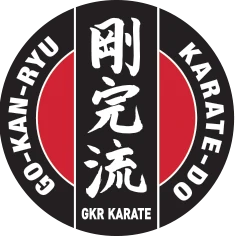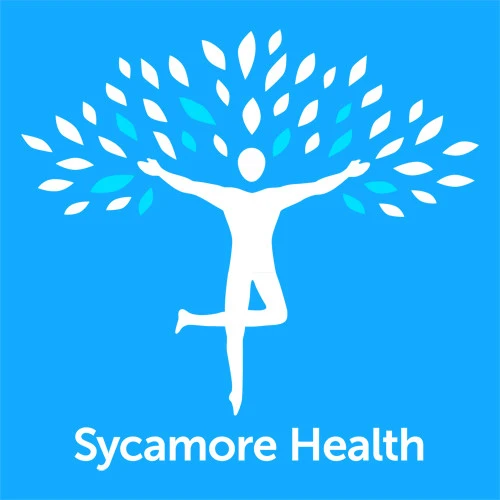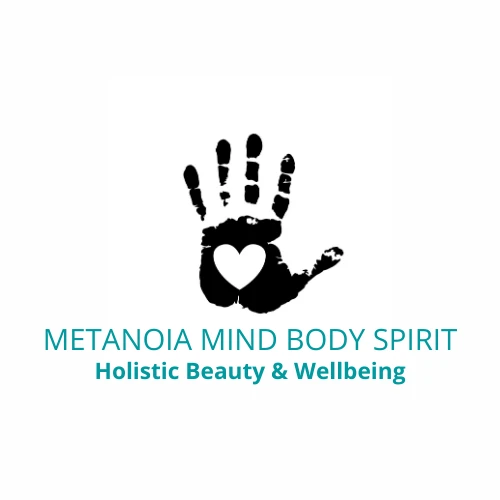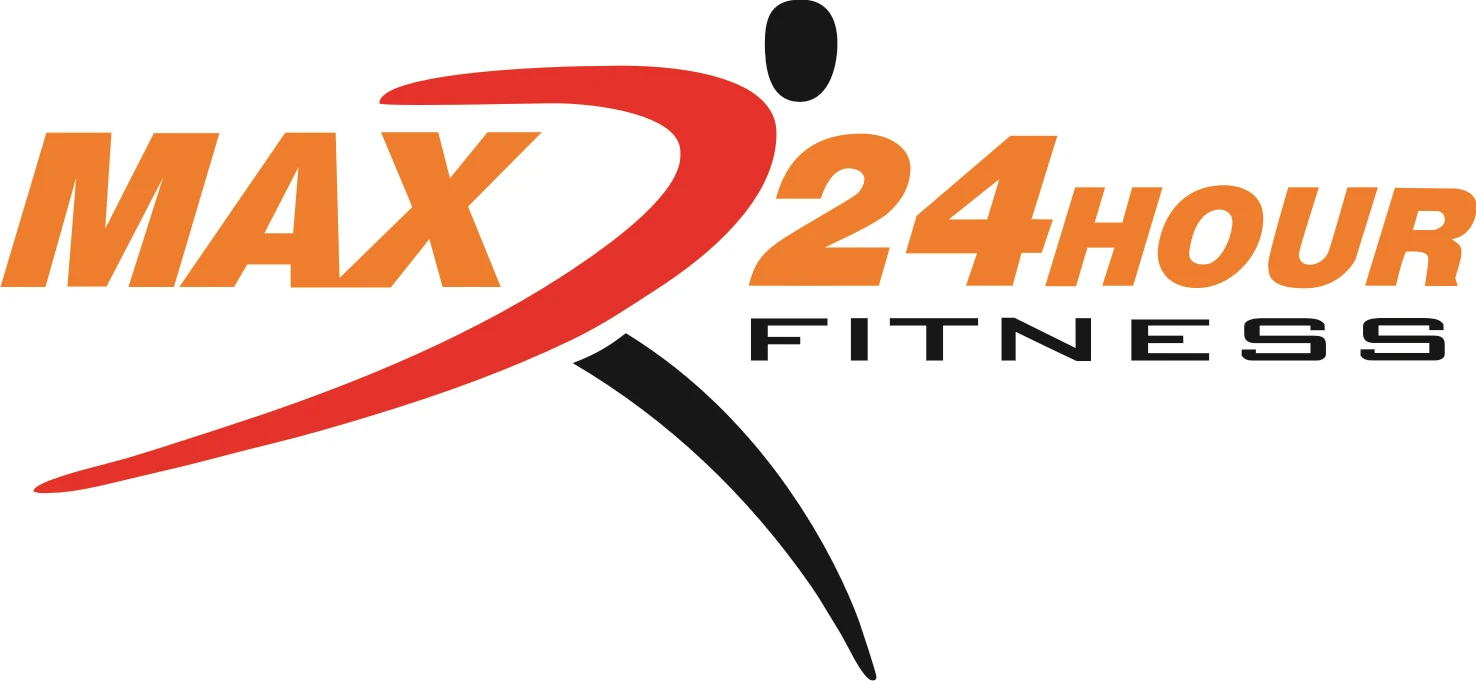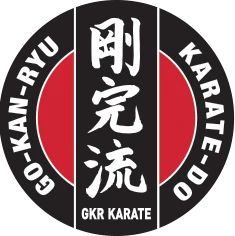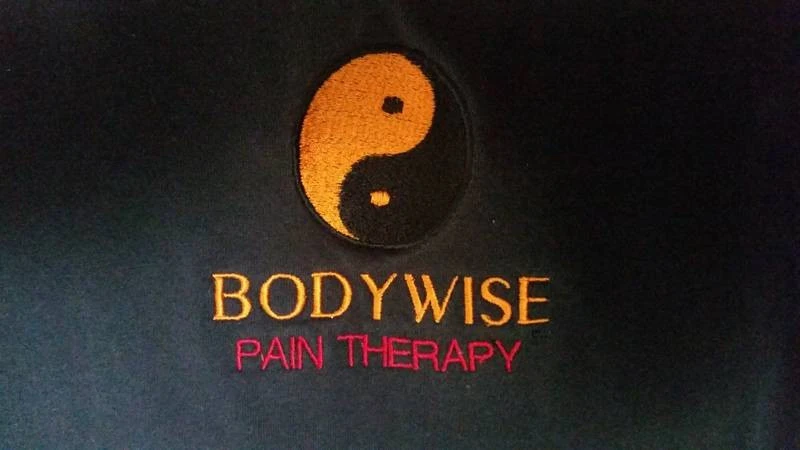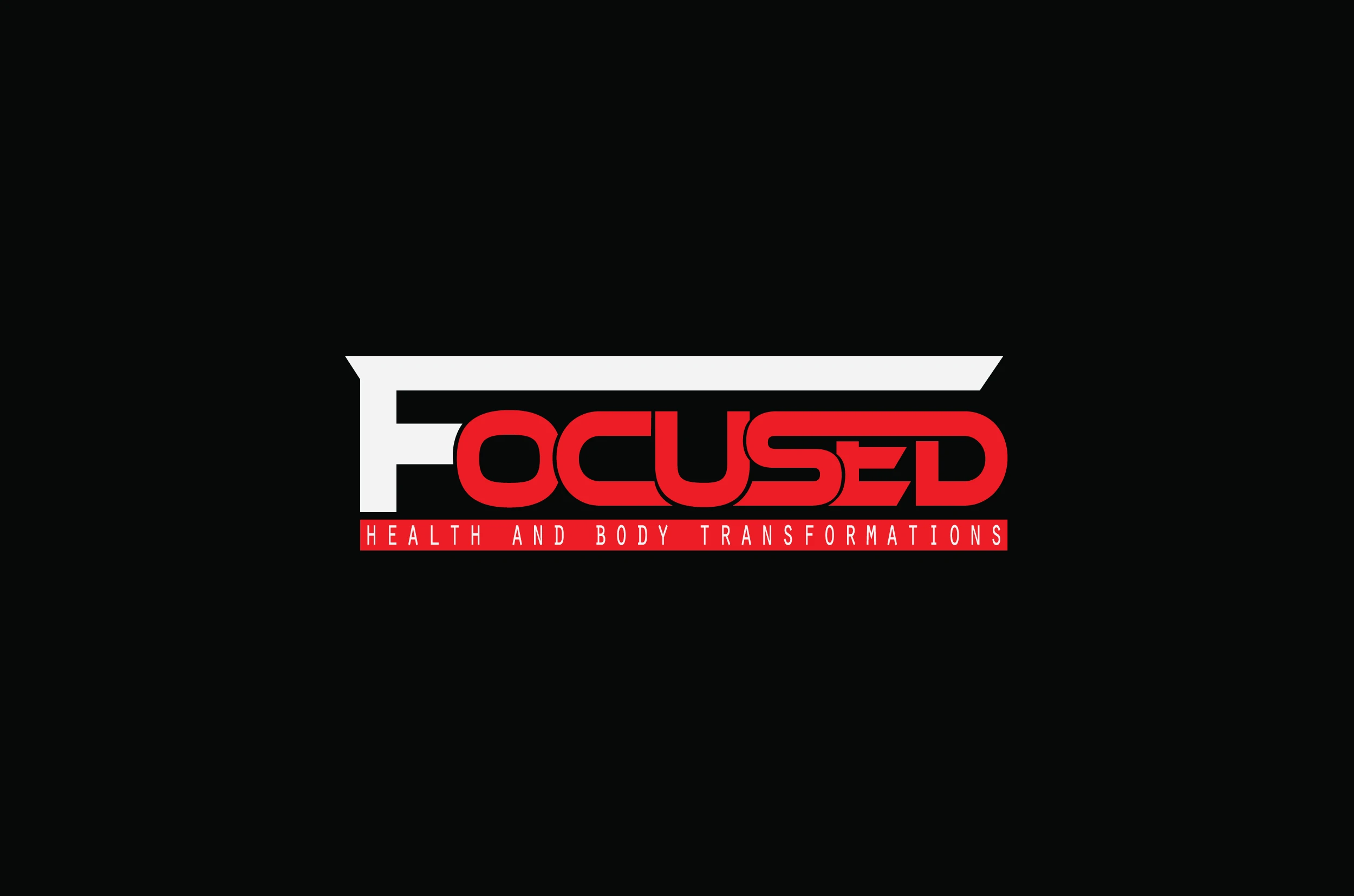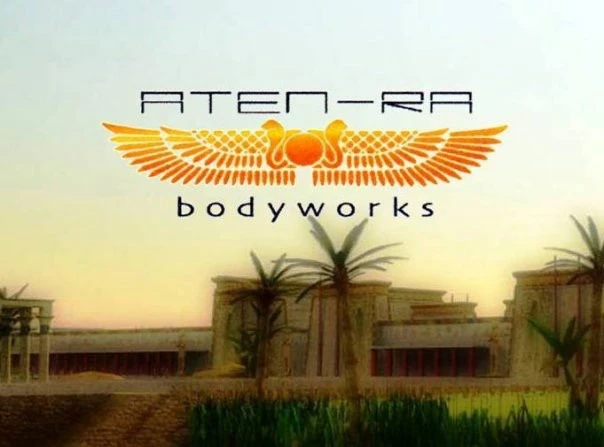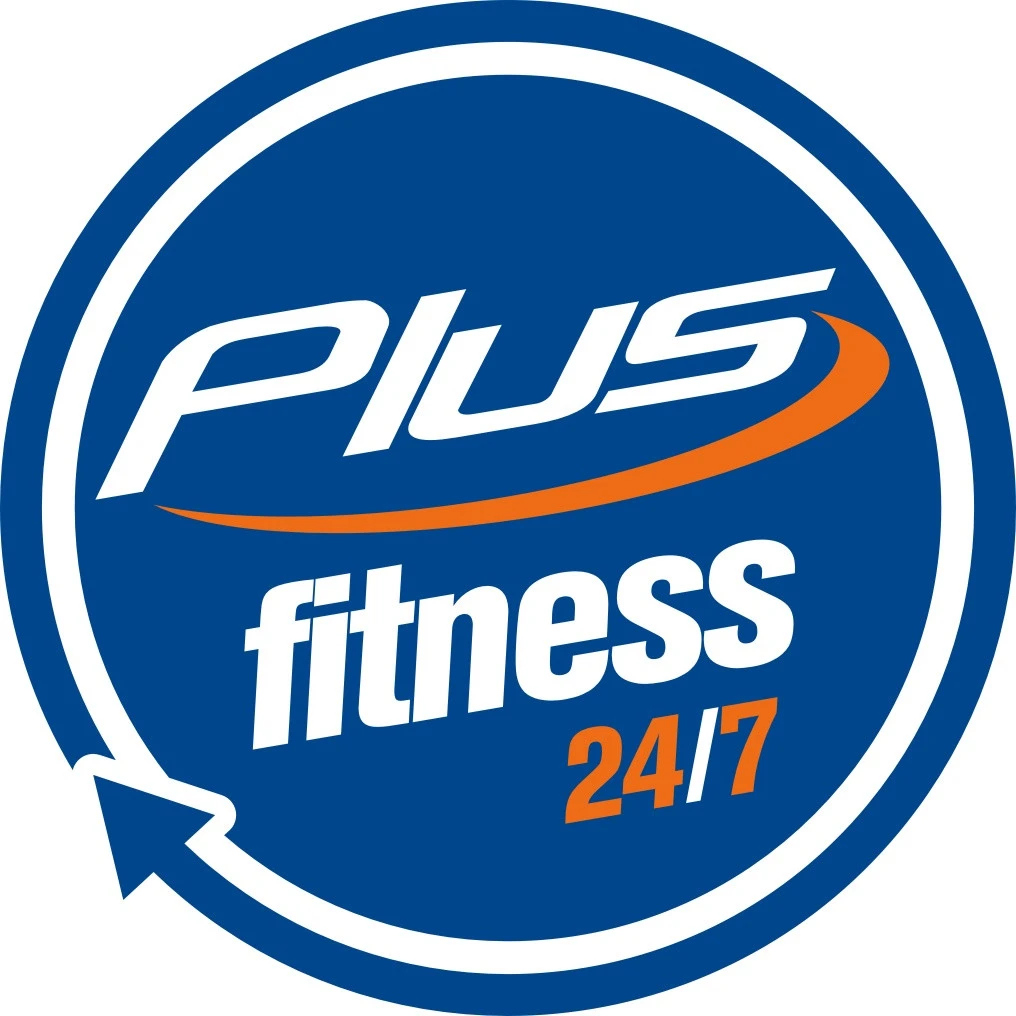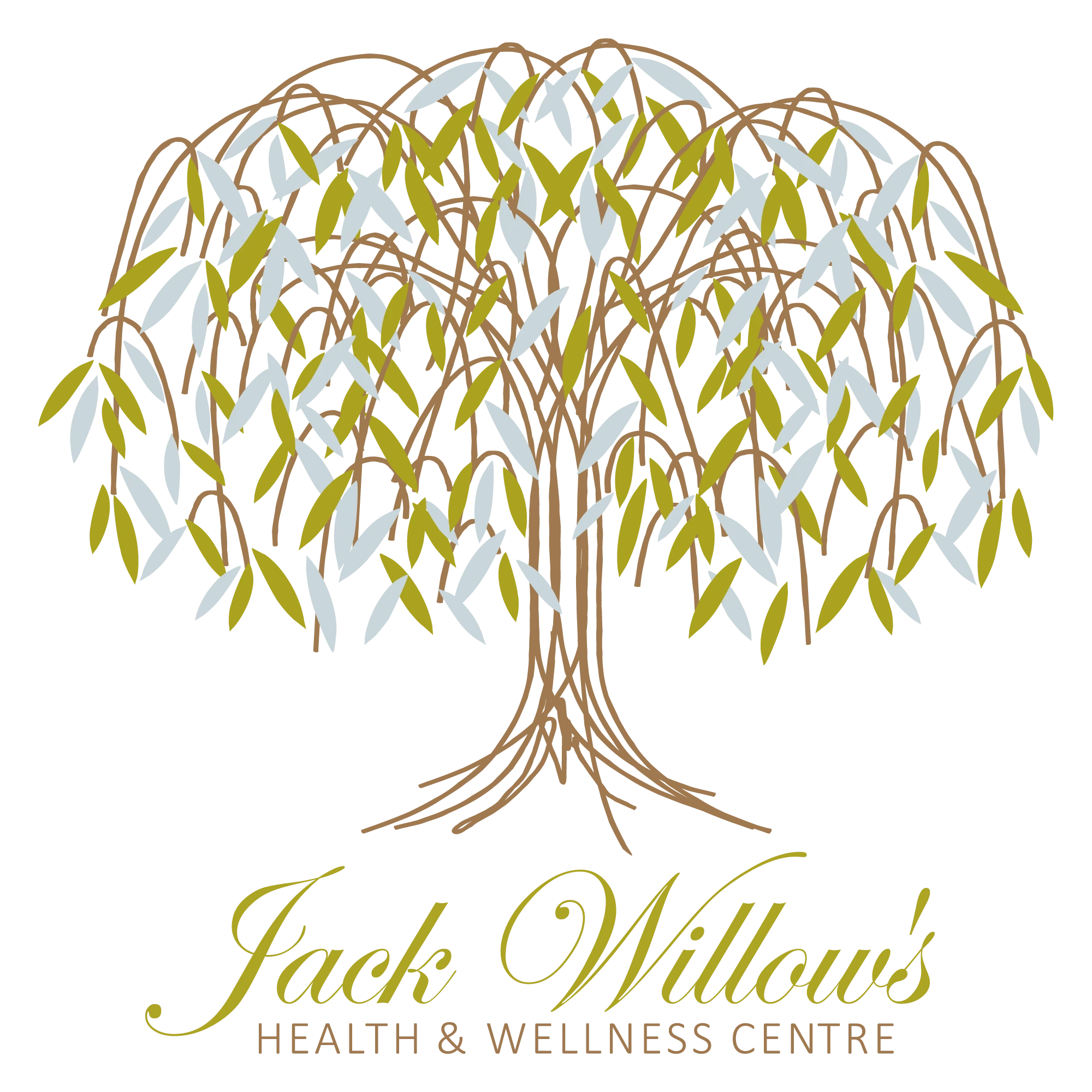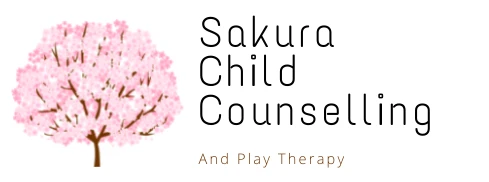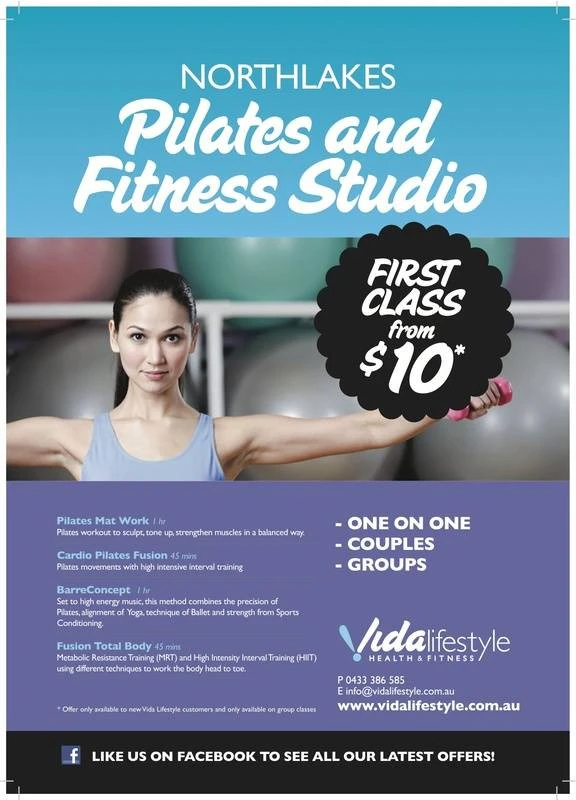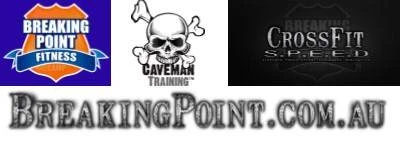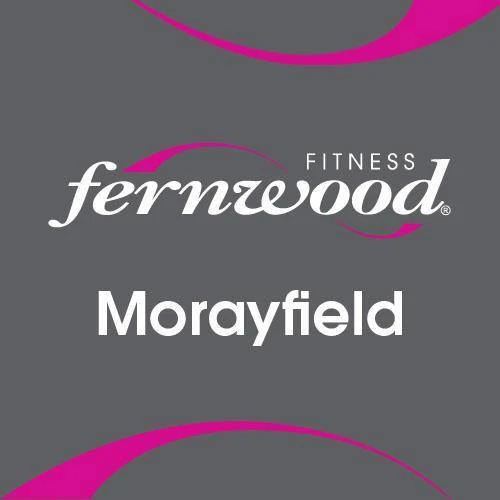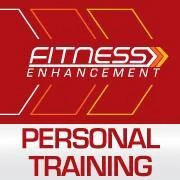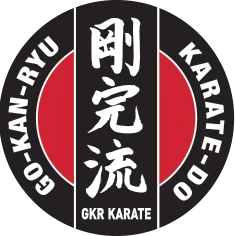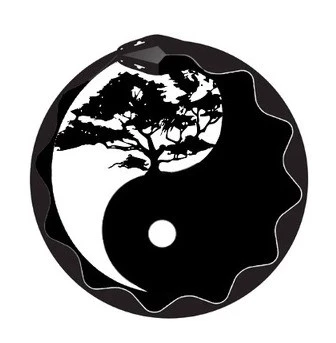Causes of Depression: Can a psychologist help?
There are many things we don’t understand about depression, and its exact cause is one of them. However, it often results from a combination of events in a person’s life as well as other personal factors, rather than a single event or issue. This article explores the potential triggers to help you better manage your risk.
Read more
OSTEOPATH VS CHIROPRACTOR: WHEN YOU SHOULD USE EACH?
Both osteopathy and chiropractic services can be invaluable complementary medicines alongside professional medical guidance. However, since choosing between them can be a challenge, it’s always advisable to consult either a professional physician/doctor or a local osteopath/chiropractor for more specific guidance on their unique range of services.
Read more
Seven strategies to improve your quality of sleep
How well do you sleep? Is sleep, the most important aspect to maintain good health? The reality is you can have a really healthy diet, get plenty of exercise, practice yoga and be on the best quality supplements, but if you don’t get quality sleep, your health will be compromised. Keep reading for more strategies that will help improve your quality of sleep.
Read more
5 easy tips for better breathing
Our modern stressed sedentary lifestyle has shifted our breathing patterns away from our natural breath. Many of us have adopted poor and ineffective breathing patterns, negatively impacting our physical and mental health.
Read more
Preparing for a half marathon (21km) race
Half Marathon season usually runs through the colder months but you should bargain on at least 3 months of training required, even if from a standing start. Literally, you are not running and then you run a half marathon 3 months later. I have run the SMH half marathon and the Blackmores half marathon now a number of times in sub 2 hours, not a great time but OK. As a beginner moving to intermediate running these are my half marathon running tips.
Read more
How deep conscious breathing relieves stress
An easy and effective breathing strategy to reduce stress, build life force energy and bring you into presence. When we bring consciousness to our breath we can affect our body, mind, and the involuntary sympathetic nervous system responsible for the fight or flight response. These simple tips will show you what you need to do.
Read more
What's the difference between Restorative + Yin Yoga?
In a pose it’s encouraged to let go of muscular involvement to target the deeper connective tissues of the body such as fascia Some schools of Yin will teach Yin as a ‘cold’ practice, done without a warm-up as a way to protect students from going in to the held stretches too deeply In poses, you might be guided through mindfulness techniques to draw your awareness to letting your muscles relax, to target your ligaments, fascia and joints instead Yin might be considered a useful practice for building bone density
Read more
Over-the-counter vitamins or Practitioner-only supplements: what's best?
Have you ever looked at that bottle of fish oil or 'shelf stable' probiotic sitting on the dusty supermarket shelf and wondered to yourself: “How long has THAT been there? Am I just wasting my money?” This article looks at the truth about supplements and explains where you can get the most benefit.
Read more
Finding the Best Self Defence Coaches & Instructors
Look for self defence gyms or classes that offer a variety of techniques, including striking, grappling, and situational drills. A well-rounded curriculum ensures that you are equipped to handle diverse scenarios effectively.
Read more
What does an Osteopath even do??
We get it. Lots of people don’t really know exactly what we do. First of all, it doesn’t help that our name is a massive misnomer, a relic of the past where bony “alignment” was emphasised far more than what we know to be useful today.
Read more
Meditation For Managing Chronic Pain
Sitting in quiet meditation and allowing the noise of the mind to pass by brings awareness of your own inner strength. In meditation you’re no longer in the midst of all the noise, rather you’re sitting at the boundary observing it. This brings perspective, an understanding of the transience of everything in life, even of negative emotions.
Read more
How Many Yoga Classes Should I Do a Week?
Finding the right number of yoga classes to attend each week can be tricky. It really depends on your personal fitness goals, lifestyle, and how much you want to immerse yourself in yoga. A few classes a week can provide significant benefits, but if you’re looking to deepen your practice, more frequent sessions may be the way to go. Remember, consistency is key to unlocking the full benefits of yoga!
Read more
3 tips to keeping fit and healthy for a lifetime
When it comes to our health we will often shop around for the best doctors, specialists and advisors. We will spend thousands of dollars on medication, doctor and specialist visits without a second thought when it comes to our health and well being... Yet when we are looking to invest in our own health and fitness (for those that do) many are looking for the cheapest options to get fit and healthy rather than the best fit for our needs. These three simple steps will help you keep fit and healthy for a lifetime (within your budget)!
Read more
Unleashing Mental Strength: The Impact of Karate on Your Mind
Karate, beyond its striking moves and powerful strikes, has the remarkable ability to transform your mind.
Read more
Pilates Benefits
Understand more about Pilates, why you should and shouldn't be doing Pilates and the benefits you can gain from Pilates.
Read more
How yoga and mindfulness can help kids with Asthma
Inversions are a great way to shift excess mucus from the lungs and balance out the immune system; they’re also fun to do. Most age groups can practice Supported Shoulderstand or Legs Up The Wall. Both Downward-Facing Dog and Bridge pose are inversion too.
Read more
Yoga for Beginners: A Comprehensive Guide to Getting Started
Discover the essentials of Yoga, including styles like Hatha and Yin Yoga, with this beginner's guide.
Read more
Hypnotherapy to deal with pain
We are all familiar with medication to deal with pain, however hypnosis is the most frequently cited form of non-pharmacologic cognitive pain control. Hypnosis is an altered state of consciousness. It is where one's attention is focused; this creates an environment in which the brain can process information to bring about beneficial changes in a person. This essay explores how hypnosis can be used for pain.
Read more
WHAT IS THE POSTERIOR CHAIN?
The Posterior Chain is also important in the stability of your knee, hips and spine. Therefore, if these muscles are strong, it may result in a decreased risk of both sporting and general injury.
Read more
About kinesiology and what it does to your body
Kinesiology looks at the body as a whole - Mind, Body and Spirit, as one unit. If there is an imbalance in one area then it’s probably impacting the other areas. Kinesiology, through muscle monitoring allows us to determine where these imbalances are without the need for conscious awareness. This article explains why.
Read more